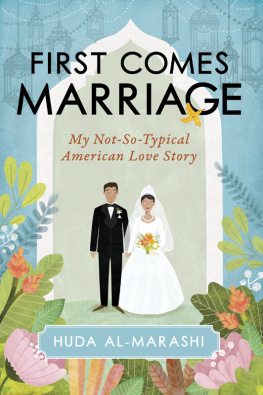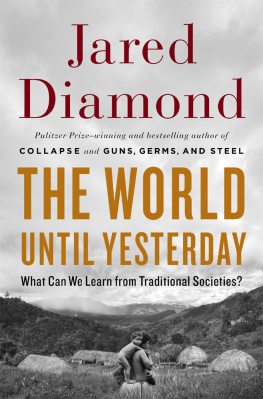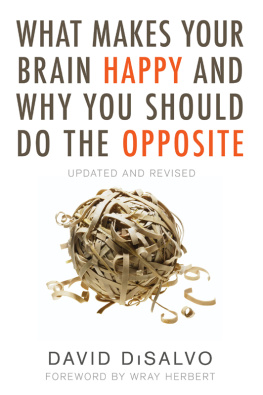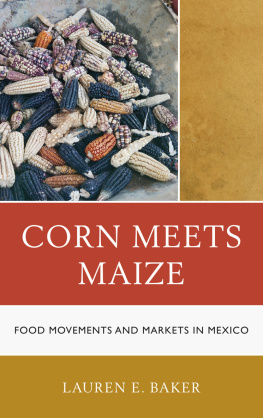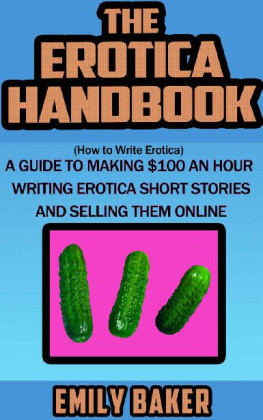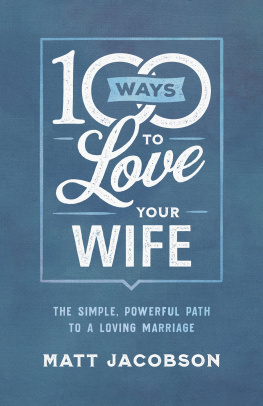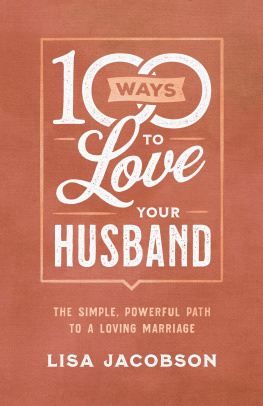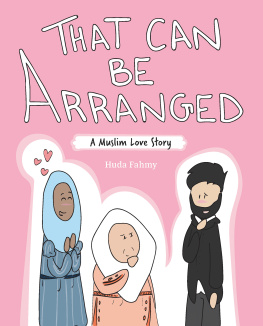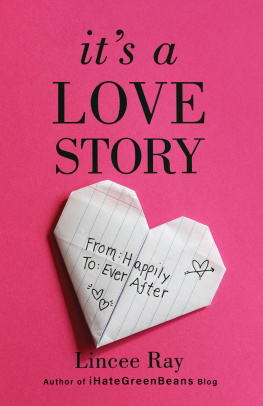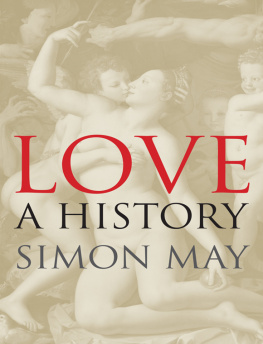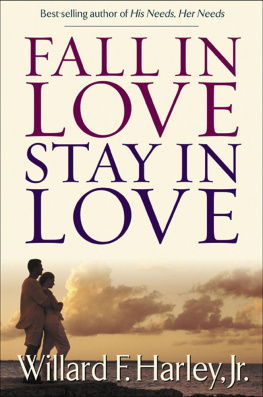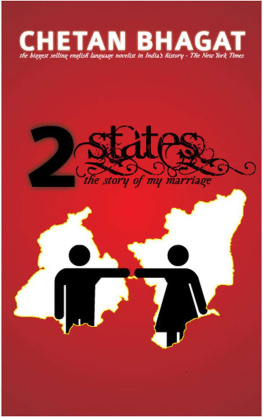
I've always believed the best thing about being a writer is the company I get to keep. I am profoundly grateful to my writing community, the mentors and friends who have supported and encouraged me over the years. Susan Muaddi Darraj was my first writing teacher and the proof I needed that Arab women can, indeed, write. Neal Chandler taught me to treat my writing like a profession and founded the workshop that connected me to a wonderful group of early readers and to masterful editor Charles Oberndorf, whose feedback has been my personal master of fine arts. Developmental editor Jane Rosenman offered the definitive diagnosis on what was missing in this book and has been an ongoing source of advice and direction.
My writing soulmates, Laura Maylene Walter and Jennifer Marie Donahue, are behind my every publication. Nothing is good enough until Laura and Jennifer read it, and I see them on every page of everything I write. Deonna Kelli Sayed has been a dear writing-friend and also a tremendous resource on bookselling and literary festivals. John Frank, Nouran Hashimi, Margari Hill, Narjes Misherghi, Tracy Niewenhous, and Lynn Ameen Rollins read early drafts and shared invaluable perspectives. Adrienne Brodeur, Saadia Faruqi, Bayley Freeman, Zareen Jaffery, Honore Fanonne Jeffers, Soniah Kamal, Molly Nance, Aisha Saeed, Sabaa Tahir, and Jen Waite all offered much-needed encouragement and support at critical moments. Faith Adiele and Jasmin Darznik generously offered not just their time but also their names to my project. Ayesha Mattu and Nura Maznavi, editors of the anthology Love, InshAllah: The Secret Love Lives of American Muslim Women, published the first excerpt of this memoir and also created the most supportive community for their writers. I hope this book will carry on the much-needed conversation they started. And, I am so very thankful to Aspen Words and Cuyahoga Arts and Culture, with the Community Partnership for Arts and Culture, for their generous gifts of fellowships.
To the agent who finally chose me, Myrsini Stephanides, thank you for representing this book better than I could have myself. Your confidence in this book and in me as a writer has been nothing short of a dream come true. To Maile Beal and others at the Carol Mann Agency, thank you for all your tireless efforts on my behalf. Suzanne Kingsbury, thank you for teaching me how to articulate and share the message in my own work. Liz Psaltis, thank you for showing me how to navigate my way in the world of book marketing. Christina Morris, thank you for my beautiful new website design, and Missy Chimovitz and Mariana Velez, thank you for making my book cover a love story in itself. And, most importantly, thank you to Steven L. Mitchell and all the wonderful people at Prometheus Books, Bruce Carle, Jeffrey Curry, Hanna Etu, Mark Hall, Jill Maxick, Lisa Michalski, Liz Mills, and Catherine Roberts-Abel, for being the change-makers we need in the world. Whatever I hoped to say with this book would be nothing without the champions, like you, getting my work into readers hands.
Writing a memoir takes an entirely different kind of a toll on a family, and I would not have had the courage to send this book into the world were it not for the unwavering support of my parents and siblings, my in-laws, my husband, and most recently my children. (When they were younger, their support was only made possible through the assistance of many wonderful babysitters. For sticking with us the longest, I thank Emilie Sandham, Angie Allison, and Maggie Sabolik.) A special thank-you to my sister for cheering me on during our nightly chats and to my brother, the dynamic professor Ibrahim Al-Marashi, for not only marking up my drafts but for also always pushing me to situate my work into its wider historical context. To my dear husband, I owe a completely different kind of gratitude. This book has made him privy to thoughts no spouse should ever have to see let alone share with the world, and I thank him for embracing my purpose and vision for this project with such grace and generosity.
I don't know many writers who were not blessed with wonderful teachers, and in this regard, I have been incredibly fortunate. Most notably, Rosanna Little, Dr. Sita Anantha Raman, and Dr. David Pinault laid the foundation for the work I was able to do here.
Finally, I offer my deepest and most heartfelt thanks to my readers, for allowing my words space in your mind. We live in a busy world, chock-full of entertainment choices, and I am so honored that you chose to spend these hours with me.

I pored over my old journals and emails in writing this memoir, but what follows on these pages is still its own kind of fiction. A memoirist must make countless trade-offs between what moments to include and exclude, and this very deliberate negotiation creates its own version of the truth. I think this is one of the many reasons why memoirs are so particularly prickly for the people we share our lives withour stories on the page look so very different from the day in and day out we experience together.
My husband has his own memories of our early years together, and I am grateful not only that he carries around a considerably less angst-ridden version of these events but also that he encouraged me to share mine. At his request, I have changed his name and the names of those related to him. I also gave all other characters, with the exception of those I've lost touch with, the option of using their real names. However, for the sake of clarity, I created composite characters to represent my friends from college.
Last, I relied on the descriptor American in many places where it would have been more accurate to specify that I was referring to the dominant American culture or its Anglo-American and Western influences. While I recognize that it is problematic to set myself apart from the American experience in this way, I wanted to use language that most closely resembled how my family and I thought or spoke at the time, and immigrant communities in the United States commonly use the shorthand of American to describe their host society. By extension, I also appreciate that no definable characteristics apply to the labels Arab, Muslim, or Iraqi, but so as not to belabor the text with repeated reminders that these are generalizations, I chose, once again, to mirror what would have been most natural for me or one of my characters to have said or thought in each scene.



I cannot remember a time when I didn't think of Hadi Ridha as a potential husband. The day my family first met the Ridhas, Mrs. Ridha took one look at mesix years old and my hair in braidsand my baby sister, Lina, and said, Mashallah, mashallah. We don't need to look anymore. We found our pretty girls.
At the time, I didn't know that my father and Dr. Ridha had gone to the same medical school in Baghdad. I didn't know that they'd found each other at an American Academy of Neurology meeting in San Diego and that Dr. Ridha had invited us to his home for dinner. I didn't know that the Ridhas were also Iraqi and Shia, because those were descriptors I still didn't know to apply to myself.
Next page
